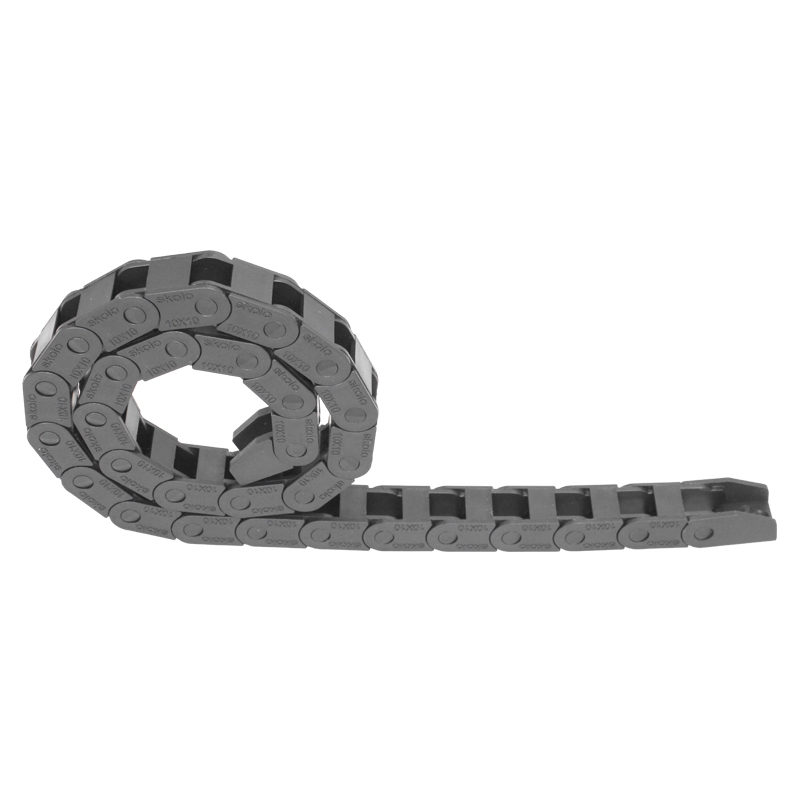Flexible CNC Bellows for Enhanced Protection and Precision in Machinery Applications
Understanding CNC Bellows Applications, Benefits, and Importance
CNC bellows, short for Computer Numerical Control bellows, play a crucial role in the protection and functionality of machinery in various industrial settings. These flexible, accordion-like coverings are primarily used to shield moving parts from contaminants such as dirt, dust, and moisture, while also preventing injury to operators. Given their significance in modern manufacturing and engineering, it is essential to understand their applications, benefits, and importance.
Applications of CNC Bellows
CNC bellows are widely utilized across numerous industries. One of the most common applications is in CNC machining centers and lathes. In these machines, precision and cleanliness are paramount. CNC bellows protect guideways, spindles, and other critical components from abrasive particles and fluids, ensuring that they operate smoothly and maintain their integrity over time.
Moreover, CNC bellows are also found in robotics, where they protect intricate joints and actuators from external elements. They are essential in maintaining the longevity of robotic systems, which often operate in environments that can be hostile to mechanical components. In addition, CNC bellows can be found in semiconductor and electronics manufacturing, where they provide a contamination-free environment for delicate processes.
Benefits of CNC Bellows
The use of CNC bellows offers several benefits that contribute to the efficiency and effectiveness of machinery. Firstly, they enhance the longevity of critical moving parts by providing a robust defense against wear and tear caused by environmental factors. By doing so, they reduce maintenance costs and extend the lifecycle of the equipment.
cnc bellows

Secondly, CNC bellows promote safety in the workplace. By covering moving components, they minimize the risk of injury to operators who might inadvertently come into contact with exposed machinery. This safety feature is especially vital in high-speed environments where the potential for accidents can increase significantly.
Additionally, CNC bellows are customizable. They can be designed in various shapes, sizes, and materials, allowing manufacturers to develop solutions tailored to specific applications. This flexibility ensures that machinery operates optimally, regardless of the environment or operational conditions.
Importance in Industrial Settings
The importance of CNC bellows cannot be overstated. In an era where precision and efficiency are critical to competitive advantage, maintaining the integrity of machinery is paramount. CNC bellows not only enhance the longevity and performance of machines but also contribute to a safe working environment.
Their role in contamination prevention is particularly important in high-precision industries, as even minor abrasions or contaminations can lead to significant defects in finished products. Consequently, the implementation of CNC bellows is a proactive approach to quality control, safeguarding the production process from both external and internal threats.
In conclusion, CNC bellows serve as vital components in protecting machinery across various industries. Their applications range from CNC machining and robotics to semiconductor manufacturing, and they offer substantial benefits, including increased equipment longevity, enhanced safety, and customization options. As technology continues to advance and industries evolve, the importance of CNC bellows in ensuring operational efficiency and safety will only grow. Investing in high-quality CNC bellows is not just a matter of maintenance; it’s a strategic decision to enhance productivity and uphold the standards of modern manufacturing.








